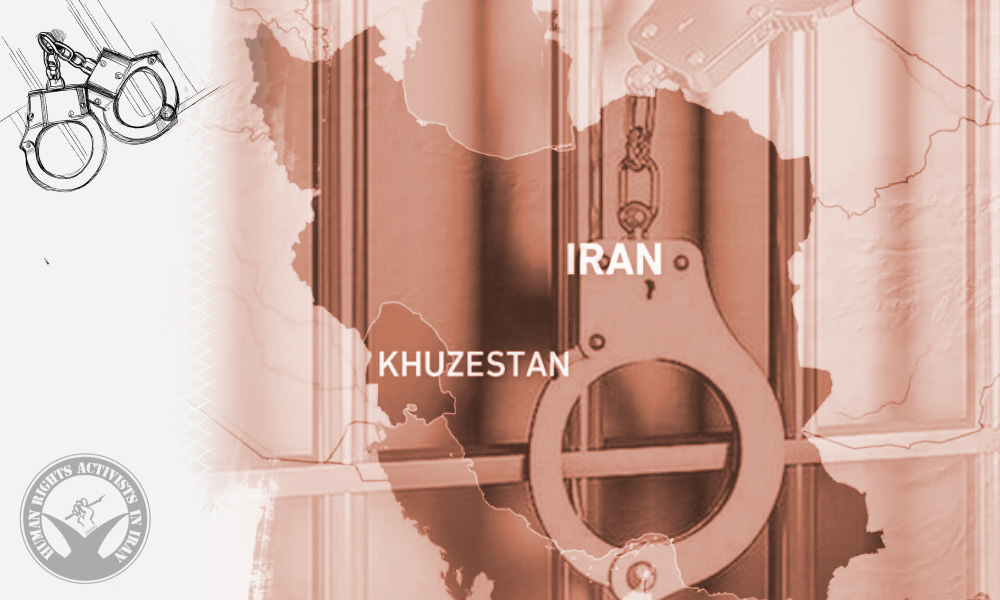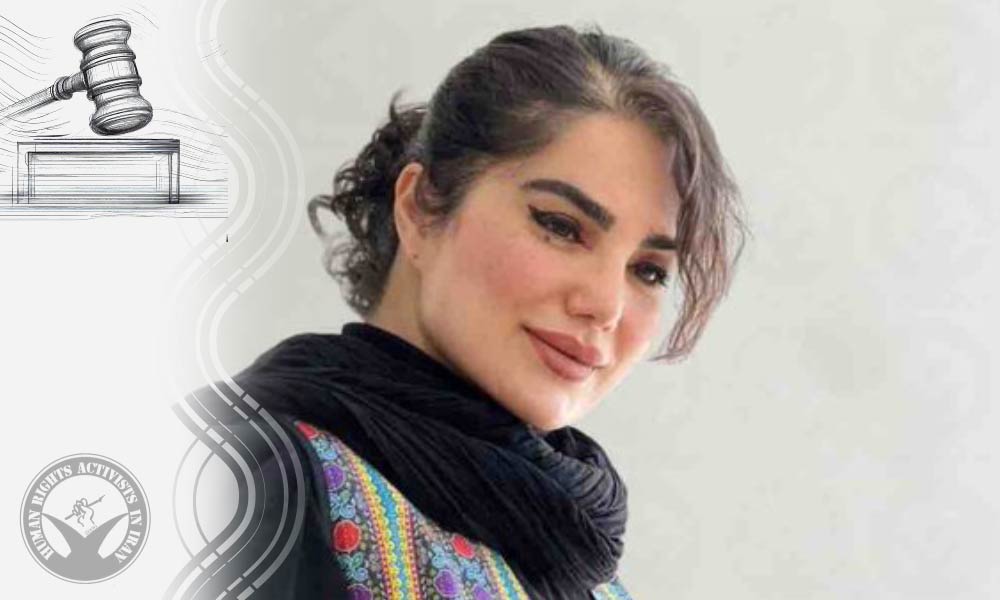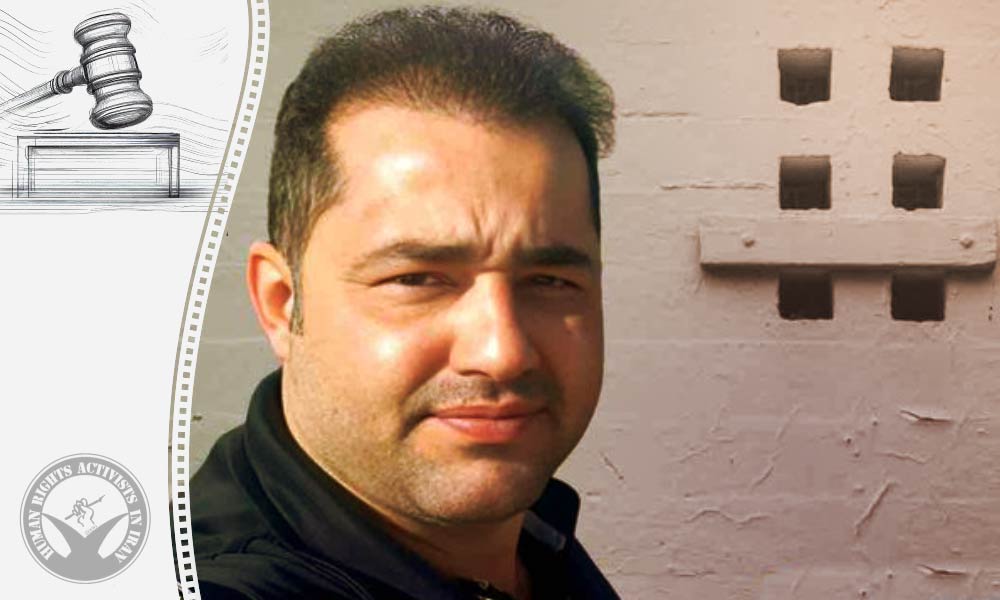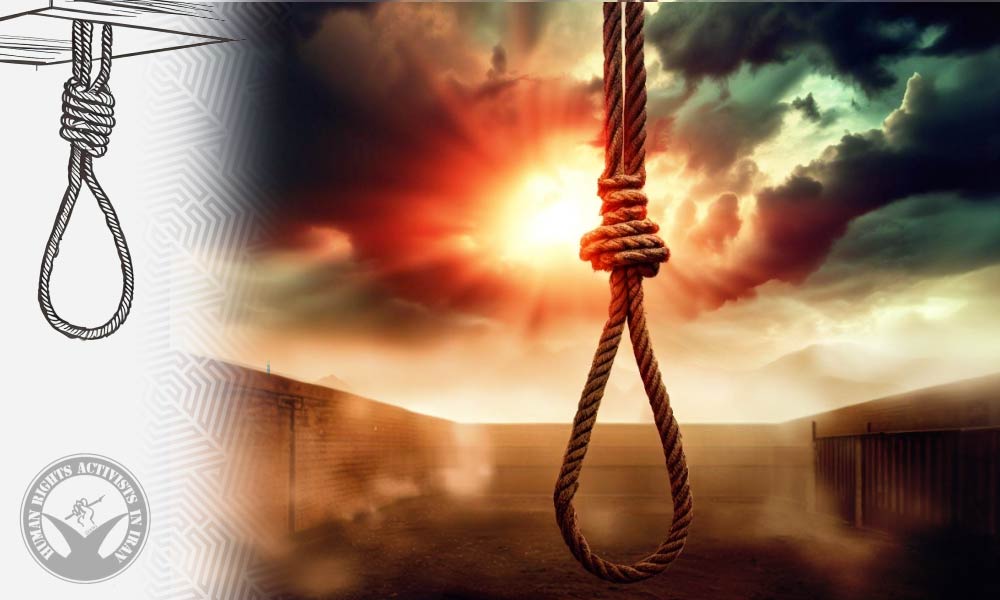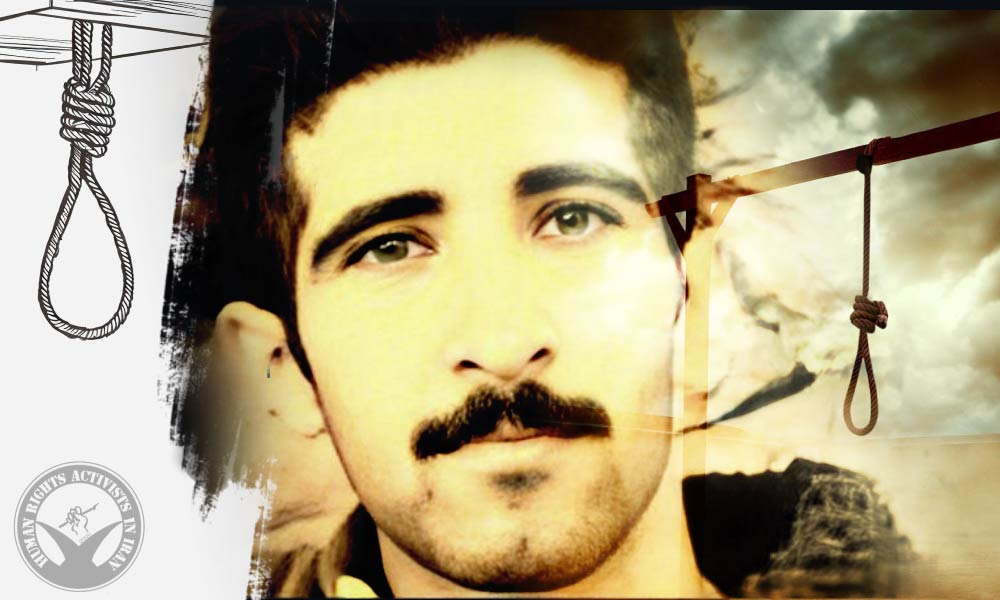HRANA News Agency – In recent days, Iranian security forces have conducted widespread, simultaneous arrests of dozens of Baluch and Arab citizens in the Khuzestan and Sistan & Baluchestan provinces, long regarded as hotspots of human rights tensions and repression. These mass arrests signal escalating pressures on the residents of these regions, once again underscoring the systemic violations of the rights of ethnic and religious minorities in Iran.
To date, the identities of 49 detainees have been verified, but the reasons for their arrests and the whereabouts of many remain unknown. This report aims to shed light on the scale of these incidents and the condition of those detained.
According to HRANA, the news agency of Human Rights Activists in Iran, the arrests took place in areas predominantly inhabited by diverse ethnic and religious groups, who continue to face significant human rights challenges. Local sources report increasing restrictions and intensifying pressures on Baluch and Arab citizens, further complicating daily life for these communities.
Arrests in Sistan-Baluchestan
The identities of 19 detainees in this province have been confirmed:
. Mir Khan Naroui
. Iman Naroui
. Milad Naroui (two individuals with the same name)
. Mehrshad Naroui
. Mohammad Naroui
. Fazl-Ahmad Naroui
. Farshid Naroui
. Safar Naroui
. Abdolhakim Bandour
. Abdolhamid Bandour
. Iman Dahmardeh
. Yasin Naroui
. Mehdi Naroui
. Azin Naroui
. Aminollah Naroui
. Mohsen Naroui
. Musa Naroui
. Majid Naroui
Arrests in Khuzestan
HRANA has identified 30 detainees in this province:
. Saeed Esmail Mazraeh
. Ahlam Abeyyat (Bandar)
. Ayoub Gheibipour
. Reza Heidari
. Javad Heidari
. Ali Savari
. Foad Mousavi
. Javad Afri
. Yasin Silavi
. Ali Koroushat
. Mohammad Naseri
. Younes Ghorbavi
. Reza Zahiri
. Hashem Mousavi
. Khaled Amouri
. Ali Amouri
. Mohammad Amouri
. Milad Bahri
. Sadegh Mansouri
. Mansour Jassemi
. Ahmad Jalali
. Hossein Saeidi
. Saeed Fallahi
. Ahmad Khaledi
. Ayoub Tarafi
. Yousef Saeedi
. Mohammad Ayashi
. Ali Savari
. Mohammad Shakhitipour (Abeyyat)
. Saeed Doraghi
The reasons for these arrests and the current whereabouts of many detainees remain unclear. Local sources suggest that the actual number of arrests may exceed official reports, and efforts to identify additional detainees are ongoing.
The mass arrests of Baluch and Arab citizens in Khuzestan and Sistan-Baluchestan reflect an intensification of repression against these communities. These actions not only violate fundamental human rights but also exacerbate the challenges faced by people in these regions. This situation underscores the urgent need for international human rights organizations and the global community to address these violations. Given the gravity of the situation, legal and diplomatic pressure to prevent the continuation of such actions is more critical than ever.
According to data from the Department of Statistics and Publications of HRA in 2024, Khuzestan Province ranked second in reported human rights violations by Iran’s regime, trailing only Tehran Province. Despite being sixteenth in population, Sistan and Baluchestan Province ranked fifth in this grim tally, underscoring the disproportionate level of violations in the region.



